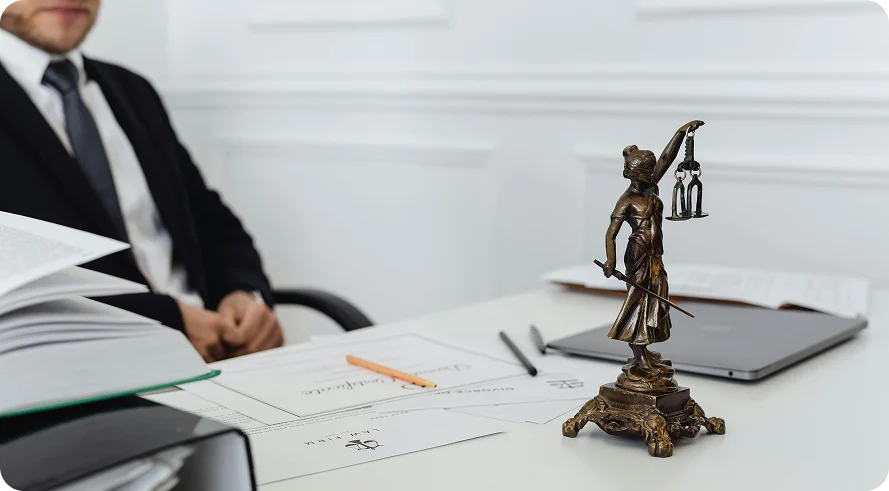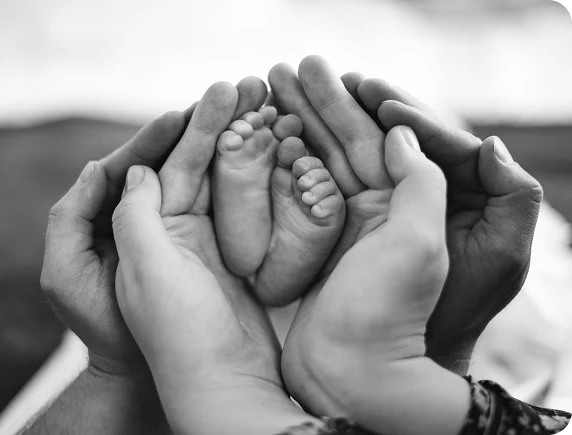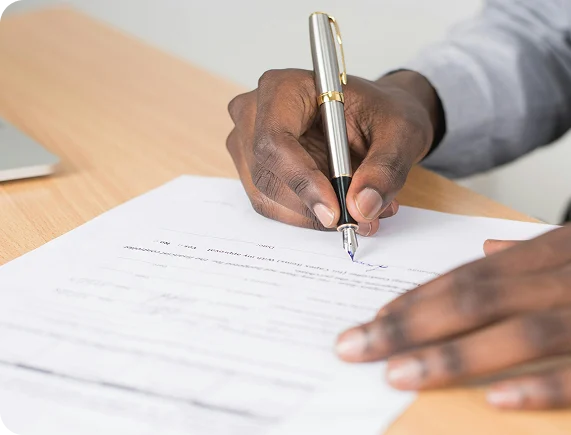Guardianship Services in New York
We provide experienced legal guidance through the complex process of establishing guardianship in New York pursuant to Article 81 of the New York Mental Hygiene Law.

Over a Decade of
Experience

New York State Bar Association (NYSBA) Member

Navigate New York State Regulations

Elder Law
Work with us for experienced guardianship guidance

At Abraham Mazloumi & Associates, we understand the complexities families face when a loved one becomes incapacitated.
Why is guardianship Important?
Guardianship proceedings become necessary when someone is unable to manage their personal, financial, or healthcare affairs due to incapacity, and has not prepared sufficient incapacity planning documents such as a Power of Attorney (POA) and Health Care Proxy. In New York, this process requires a thorough understanding of Article 81 of the Mental Hygiene Law.
Our dedicated elder law attorneys provide support and advice throughout every state of the guardianship process, from initial petition through ongoing court supervision.
We also assist in the preparation of Advanced Directives (Powers of Attorney and Health Care Proxies) to help avoid the need for guardianship proceedings. Advanced Directives enable individuals to designate trusted agents who will make decisions on their behalf in the event of incapacity. Additionally, we also review existing advanced directives to ensure they are comprehensive and legally sound.
The different types of guardianship
Guardianship for incapacitated adults
When an adult lacks sufficient capacity within the meaning of Article 81 of the New York Mental Hygiene Law, we guide families through petitioning the court, representing proposed guardians, and navigating all aspects of the guardianship process. This includes handling contested guardianships and advocating for the rights of the incapacitated person (AIP).
Guardianships for minors with special needs
In New York State, when a person turns eighteen, they are presumed to be legally competent to make decisions for themselves. However, if a person is intellectually or developmentally disabled, as defined by Article 17-A of the Surrogate’s Court Procedure Act, a parent or concerned relative can petition the Surrogate’s Court to appoint a guardian to assume the decision-making functions for that person.
Under this law, guardians are granted the authority to:
- Make binding decisions about healthcare matters
- Handle financial responsibilities and legal affairs
- Ensure that the ward, or beneficiary of the guardianship, receives basic care
Guardian of the person
A guardian of the person is responsible for making “personal needs” life decisions, such as medical, healthcare, education, and general welfare of the individual.
Guardian of the property
A guardian of the property oversees the incapacitated individual’s finances, collecting the individual’s income, paying bills, and managing the individuals assets. They are also required to file annual accountings with the court and may be subject to bond requirements or need to marshal the individual’s assets. We assist many guardians with these duties.
Personalized guardianship solutions for your family
Call now for a
consultation
Abraham Mazloumi & Associates guardianship services


Experienced guardianship representation
Abraham S. Mazloumi has extensive experience serving as a court-appointed guardian, court evaluator, and attorney for Alleged Incapacitated Persons (AIPs), providing Abraham Mazloumi & Associates with a comprehensive perspective on the intricacies of these proceedings, including in contested cases.

Guardianships for incapacitated adults
When an adult can no longer manage their affairs due to incapacity, and lacks a valid or sufficient Power of Attorney and Health Care Proxy, guardianship may be necessary. We guide families through the complex legal process, including petitioning the court, presenting evidence of incapacity, and advocating for the appointment of a suitable guardian to protect the incapacitated person’s (AIP) rights, finances, and overall well-being.



Guardianships for minors with special needs
If an individual has an intellectual or developmental disability that renders them incapable of making decisions or managing their own affairs, a legal guardian can be appointed by the Surrogate’s Court under Mental Hygiene Law, Article 17-A.
Guardianship for minors with special needs ensures that individuals with intellectual and/or developmental disabilities continue to receive the necessary care and support, even after turning 18, when they would typically be considered legally competent to make their own decisions.
The guardianship proceeding is necessary for the parent to retain legal authority to make decisions for their adult child and manage his or her affairs. Such acts may include making medical decisions on behalf of the child or handling financial and legal actions.

Guardianship petitions
We prepare Article 81 guardianship petitions based on facts and documents that we gather and receive from our clients, and file the petition with the court. Once the court date is scheduled (usually within 30 days), we prepare the petitioner for the court hearing to demonstrate the need for guardianship and the suitability of the proposed guardian.
Abraham Mazloumi & Associates represents both petitioners seeking guardianship and individuals contesting guardianship petitions, such as when a client believes the guardianship is unnecessary, or the proposed guardian is not suitable.



Ongoing guardianship support
Our team provides ongoing guidance to help guardians comply with their obligations while acting in the best interests of the incapacitated individual.
We assist guardians with fulfilling their duties, including court reporting, financial management, and overseeing the incapacitated individual’s personal and financial affairs.

Challenging a guardianship
Contesting a guardianship involves challenging the necessity of the guardianship or the suitability of the appointed guardian. This legal process requires presenting evidence to the court to end or modify a guardianship to request the appointment of a different guardian.
If a guardian fails to act in the best interests of an incapacitated person, Abraham Mazloumi & Associates are prepared to advocate on your behalf. With extensive litigation experience, Abraham Mazloumi & Associates has successfully represented clients in their goals.

Guardianship legal services in New York
Call now for a
consultation

Why Abraham Mazloumi & Associates is the right place for guardianships
Navigating guardianship proceedings can be challenging. At Abraham Mazloumi & Associates, we offer:
- Extensive experience in both contested and uncontested guardianships
- Broad perspective gained from serving as court-appointed court evaluator, attorney for AIPs, and guardian
- In-depth knowledge of New York guardianship law and procedures
- Guardianship attorneys appointed by the New York State Supreme Court under Article 81 of the Mental Hygiene Law
We work closely with family members, concerned third-parties, and attorneys representing clients in context of guardianship proceedings.
